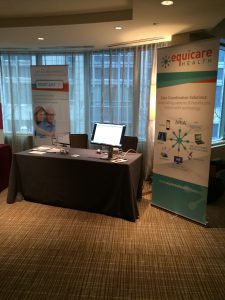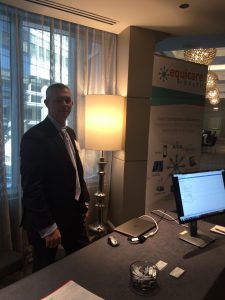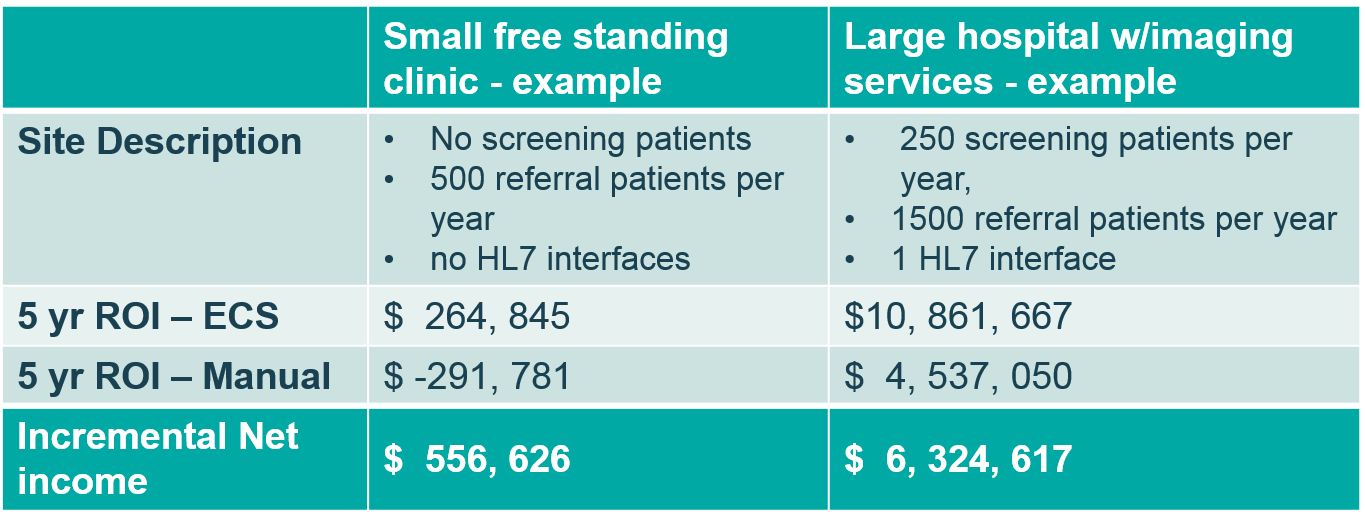The EQUICARE CS installation and support program includes a full analysis of your clinical workflow, conducted to ensure survivorship, navigation, and patient engagement tools are incorporated into your daily operations effectively. Finding a workflow that works for your organization important to the success of your programs; and in fact, we think it’s so important that we employ a full time Workflow Specialist. Meet Tricia Cox, former Nurse Navigator and ECS user, and current Clinical Workflow Specialist at Equicare.
Every organization is different, so Tricia works with each customer to develop workflow solutions that work for their unique needs. What does that look like? Tricia describes the process and how it can help below…
What does a workflow specialist do for customers?
I work with clients to determine what is working and what is not within their current workflow. Usually that means I find processes that need to be added to benefit patients for navigation and/or survivorship care. Many facilities are trying to incorporate new standards of care for distress screening or survivorship care, but others are trying to improve current models of care. The ultimate goal is to improve the patient care process within the facility.
Do you have any examples of how a Workflow analysis helps customers?
Yes, I’ve got lots!
When one site began using the software, the nurse navigator was using check marks on paper to figure out her patient contacts. She then entered her data into an excel spreadsheet to meet reporting guidelines for her administrative team. After taking a look at her needs, I showed her how to use the report capabilities within our software and was able to generate excel spreadsheets and reports automatically—freeing her time to see more patients.
Another site self-identified workflow problems and so I went out for a site visit after they had been running for several months. Upon visiting the facility, we mutually determined some workflow enhancements, like a centrally located print station and the consolidation of efforts between team members. Often care providers are entrenched in their systems and find it difficult to see the problems, although they know they exist!
When does a workflow analysis usually occur?
I typically get involved with an institution or center once ECS has been purchased and decisions on implementation are being made. We start this process with something called Kick off, and this is usually when the nuances of the software are presented. I like to get involved as early as possible to better understand who is involved with patient care, what their roles are and how they currently impact their patients. We have frequent calls/web interactions as we go over workflow. I can go on site early in the process if we cannot figure out the workflow process via web calls, otherwise we can wait and have an on site visit closer to going live or after going live. Ultimately the timing is driven by customer needs.
Why does Equicare feel so strongly about the value of Workflow Analysis?
This analysis makes a BIG difference to customers, usually by identifying ways to save time on administrative tasks, leaving more time to focus on patient care. Planning workflow is one of the tasks that may be overlooked by busy organizations, but taking the time to find out the most efficient was of using the software ultimately benefits not just the organization but the patients, by enabling more regular contact and follow up.
And from my perspective – I just love problem solving! Every site is slightly different and so is their workflow, which is very appealing from a problem solving perspective. Each site uses software features differently and working to see what works best for each site is very gratifying. Ultimately, if we work to improve patient care and patient experience, everyone wins.
Please contact us to learn more about conducting a workflow analysis in your organization.
 If you’re a friend of Equicare, why not spread the good news? Nothing instills confidence in a prospective customer like a recommendation from a current user, so if you’re happy with Equicare, we’d like to enlist your help. Provide us with a referral to a health care provider interested in Equicare, and to show our appreciation, we’ll provide both of your organizations with a credit worth up to $3000 if they purchase EQUICARE CS.
If you’re a friend of Equicare, why not spread the good news? Nothing instills confidence in a prospective customer like a recommendation from a current user, so if you’re happy with Equicare, we’d like to enlist your help. Provide us with a referral to a health care provider interested in Equicare, and to show our appreciation, we’ll provide both of your organizations with a credit worth up to $3000 if they purchase EQUICARE CS.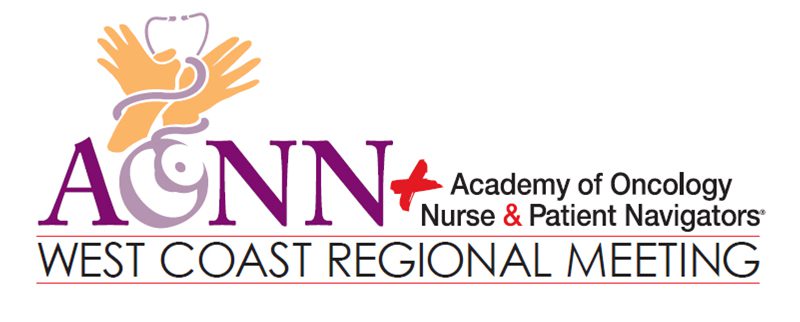
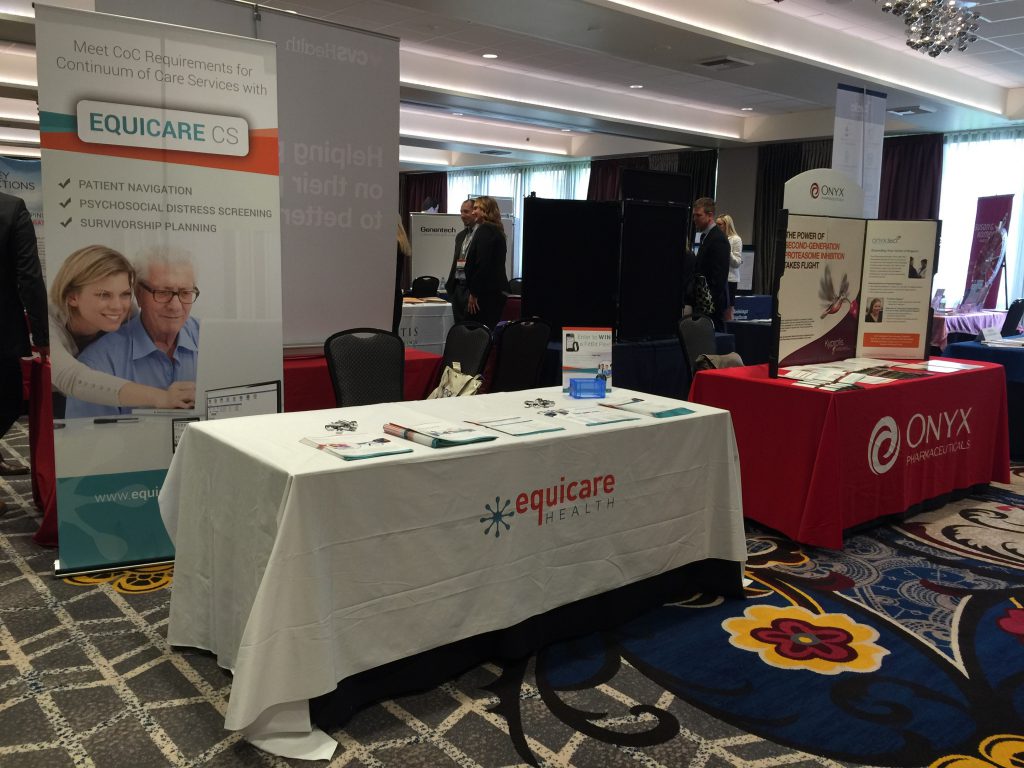
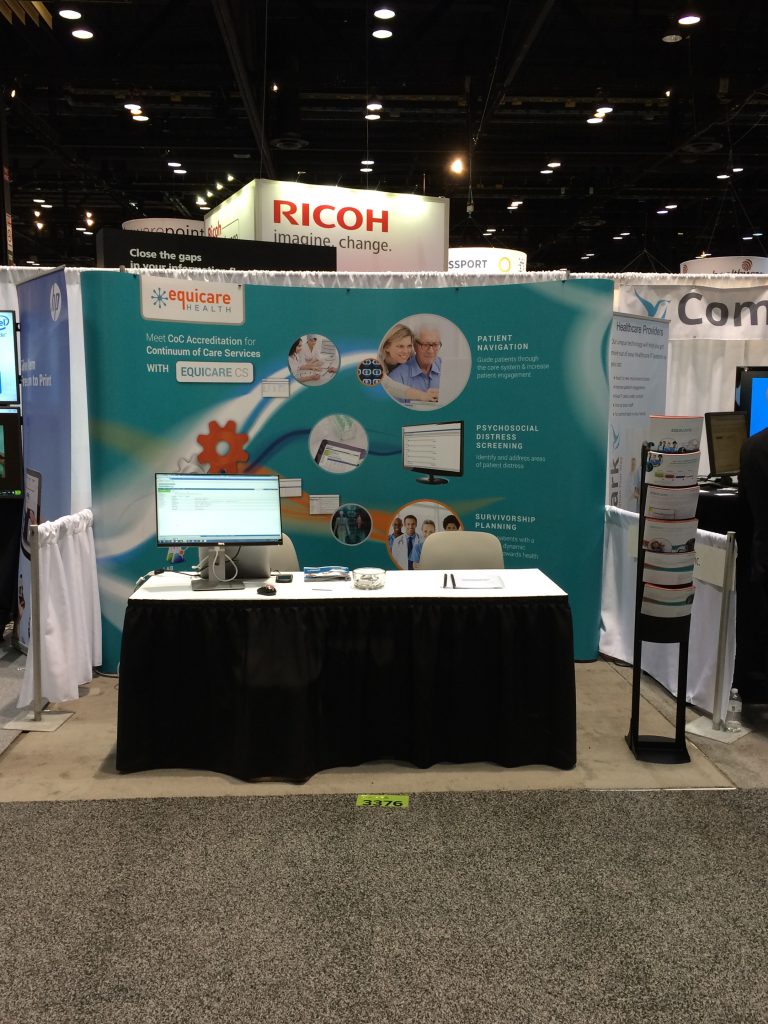
 sed to announce that we have cracked the “Top 250 Canadian ICT Companies” on the Branham300 in only our 2nd year on the list — moving from # 277 in 2014 to #244 this year.
sed to announce that we have cracked the “Top 250 Canadian ICT Companies” on the Branham300 in only our 2nd year on the list — moving from # 277 in 2014 to #244 this year.